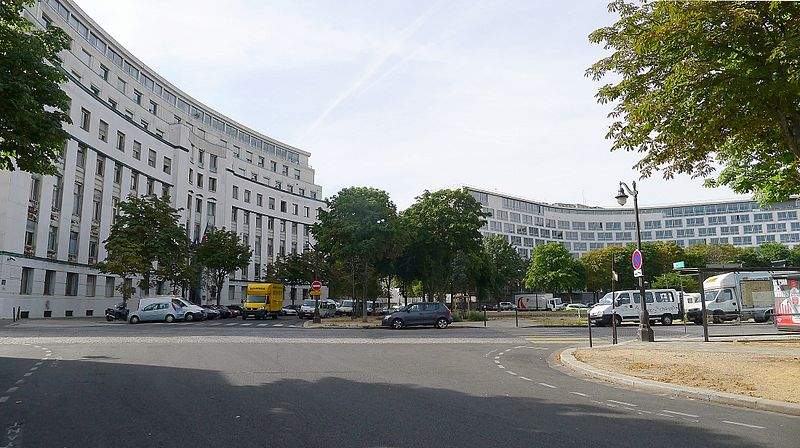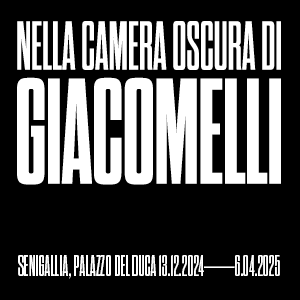US and Israel leave UNESCO: what consequences now?
The news is a few hours old: the United States has decided to leaveUNESCO, the United Nations organization that protects culture. The U.S. decision to withdraw from Unesco will become effective on December 31, 2018: after that, they will become mere permanent observers. The United States, which under President Obama had already decided to stop funding Unesco following the inclusion of Palestine as a member in 2011, is withdrawing because of concerns, the official press release says, about “Unesco’s growing backwardness, the need for radical reforms within the organization, and its continued anti-Israel bias.” The United States has never liked Unesco’s decisions on the city of Jerusalem: the organization, in particular, declared this summer that, with respect to Old Jerusalem and East Jerusalem, Israel is an occupying power, and that some holy sites are the exclusive heritage of Islam. However, this is not the first time the U.S. has left UNESCO: it had already happened in 1984, and at that time the reason was allegedly favorable bias against the Soviet Union. The US then rejoined in 2002. Israel has also announced that it will follow the U.S. example.
UNESCO Director General Irina Bokova expressed disappointment with the U.S. choice, but statements of regret came from many parts of the world. For the German government it is a choice that gives the wrong signal, for Russia it is “sad news,” on the same tone France, and “deep regret” was expressed by the secretary general of the Oun, Antonio Gutierres. Regret also came from the U.S. cultural institutions themselves. “President Trump’s decision on withdrawing from UNESCO,” said Metropolitan New York CEO Daniel H. Weiss, “damages the historic role of the United States as a leader in this endeavor and weakens our position as strong advocates for cultural preservation. While UNESCO may not be a perfect organization, it has been an important leader and a strong partner in this vital work. The Met remains deeply intent on having productive relationships with UNESCO and with colleagues around the world who share this important goal.”
The decision then comes at a particularly sensitive juncture for Unesco, as voting is underway for a new director-general (Irina Bokova’s term is expiring), which is currently neck-and-neck between the Qatari candidate, diplomat Hamad Bin Abdulaziz Al-Kawari, former minister of culture in his country, and former French minister of culture, Audrey Azoulay. For now, Al-Kawari is in the lead: accusations of anti-Semitism had come from the United States against the former Qatari minister, and it was Qatar that had played a leading role in decisions regarding Jerusalem.
What consequences should be expected now? Certainly, an exacerbation of the strained relations between the U.S. and theUN: in fact, this is not the first time that the U.S., under the Trump administration, has attacked the United Nations. Back in September, Trump had already declared that he wanted to reform the organization, which he declared “obsolete” during a speech he made to the General Assembly, during which he used less than tender words toward the UN. His exit from UNESCO represents the first real break with the United Nations. Again, it is a choice that distances the U.S. from its allies, and comes after the breakup over the Paris climate accords. Finally, the decision embarrasses Unesco itself, which by losing one of its most important members (on the World Heritage List, the U.S. ranks tenth with 23 sites, from Grand Canyon National Park to the Statue of Liberty, from Yellowstone Park to San Antonio missionary sites), risks seeing its work to protect culture around the world weakened.
Pictured: the UNESCO headquarters in Paris. Ph. credit
 |
| US and Israel leave UNESCO: what consequences now? |
Warning: the translation into English of the original Italian article was created using automatic tools. We undertake to review all articles, but we do not guarantee the total absence of inaccuracies in the translation due to the program. You can find the original by clicking on the ITA button. If you find any mistake,please contact us.





























